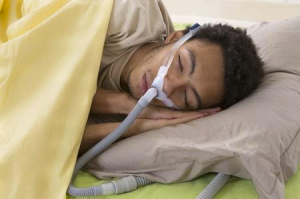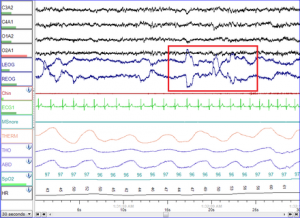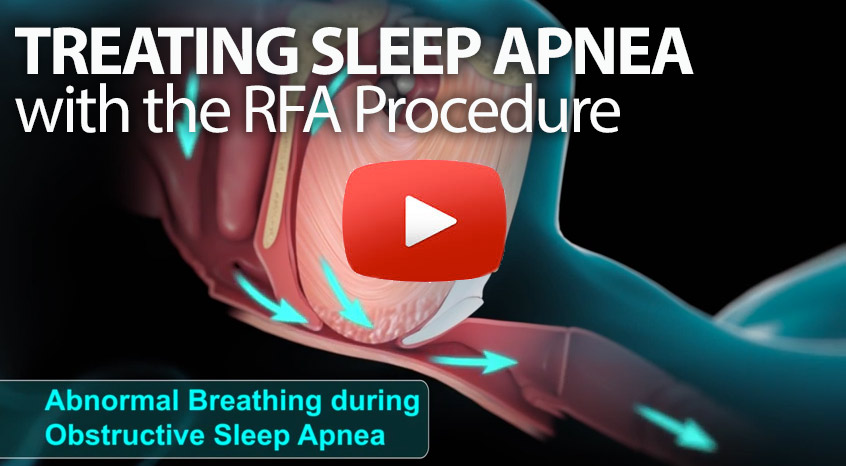Before sharing our list of common testing methods for sleeping disorders, ask yourself if you (or someone you know) might be struggling with any of these common sleeping disorders?
- Narcolepsy
- Obstructive sleep apnea
- Rapid eye movement (REM)
- Circadian rhythm sleeping disorders
- Insomnia
- Restless legs syndrome
If the answer to that question is yes, there are a number of testing methods available depending on your condition. These include:
- Multiple Sleep Latency Test
- In Lab Testing
- Home Sleep Testing
- CPAP/BiPAP Titration
- Full Sleep Study/Polysomnography
- Maintenance of Wakefulness Test
- Electroencephalogram
Of these, the Full Sleep Study/Polysomnography is considered one of the most effective. A polysomnography (or PSG), is a comprehensive recording of the bio-physiological changes that occur during sleep.
This test is usually performed at night, when most people sleep, although some labs can accommodate shift workers and people with circadian rhythm sleep disorders at other times of day.
The PSG monitors many body functions including brain (EEG), eye movements (EOG), muscle activity or skeletal muscle activation (EMG) and heart rhythm (ECG) during sleep.
If you or someone you know is in need of a better night’s sleep, contact us for a no obligation consultation. We are the sleep specialists at Chevy Chase ENT located in the Virginia, Maryland, and Washington D.C. metro area dealing with sleep apnea and sleep-related problems. We can help diagnose your condition, recommend whether a sleep study would be beneficial, and offer you a variety of treatment options including CPAP, Radio Frequency Ablation (RFA) and more.


